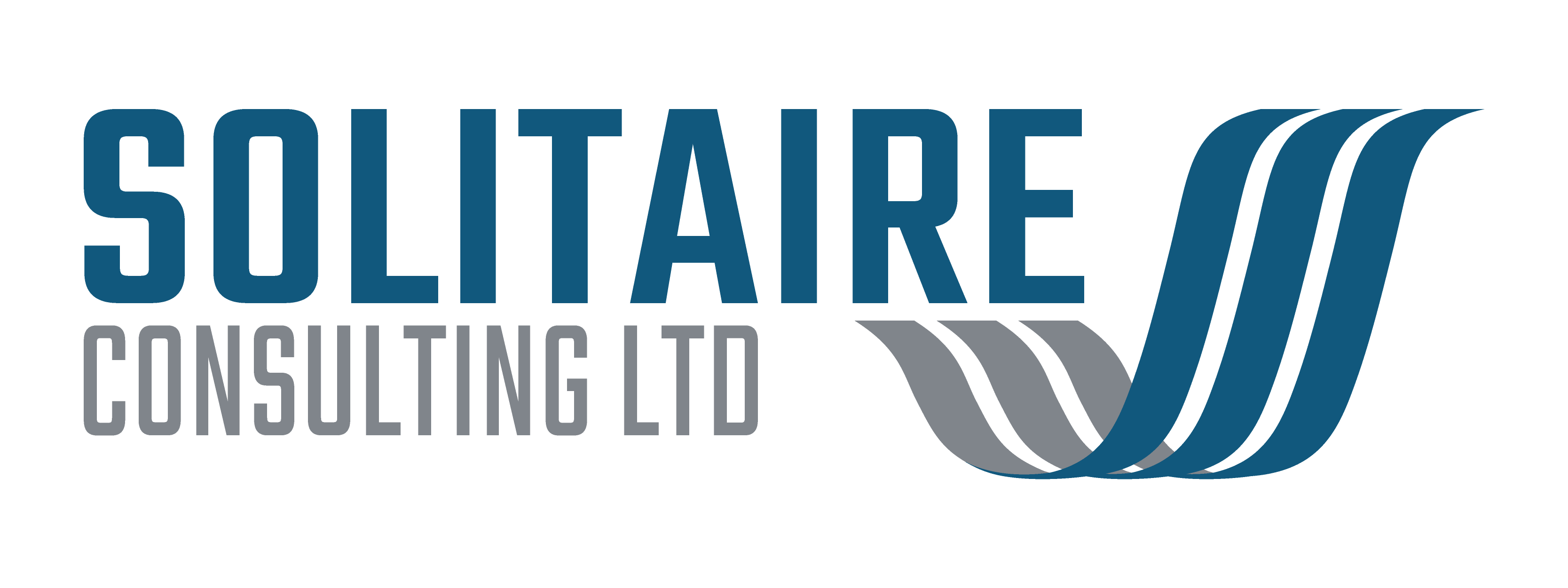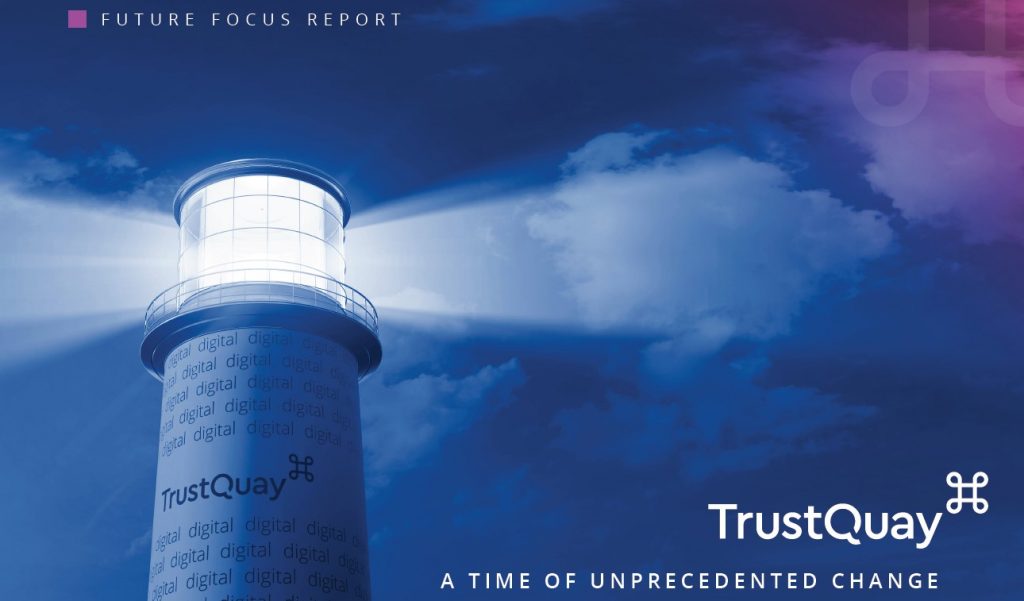The recent publication of the Future Focus report by financial software business, TrustQuay, highlights a number of areas where the trust and corporate services industry needs to innovate. In this article I will look into this report in more detail and comment on their findings. (A summary of the report can be found in my last article here.)
TrustQuay highlight the top three areas where they believe innovation is needed. These are:
- Automated workflows
- Moving to the cloud
- Client portals
Over the next 5 years, TrustQuay expect the unprecedented change and
consolidation to act as a catalyst for accelerated digital disruption
across wealth management as a whole, but particularly in corporate
services, trust and alternative fund administration. This is supported
by their research findings, with 94% of respondents agreeing that
technological innovation needs to accelerate, 50% of them agreeing
strongly.
Firms will therefore come under immense
TrustQuay
pressure to rapidly modernise and digitalise
their business models in order to survive and
thrive in this fast-changing environment.”
Few can argue with this. It is well known that the trust and corporate services sector has been slow to adopt technology, compared with other areas of financial services. This is not helped by the fragmented nature of the industry and the lack of standardisation of services to high net worth clients.
The drivers for accelerated digital innovation include industry consolidation with high levels of M&A activity, increasing demands of ‘digital native’ customers and the increasing demands of global regulation of wealth management.
Going back to the technologies likely to drive the increased pace of digitalisation in the sector, I don’t fully agree with TrustQuay’s top three innovations.
I agree strongly that automated workflows are key to digitalisation. Workflows will help achieve standardisation and improve the overall business process maturity of the business. By collecting and recording key process information as the workflow progresses they also help to achieve compliance during the course of business. This is a fundamental differentiator when compared to businesses that have their compliance processes bolted on or separate to the business processes they monitor.

Clients portals go hand in hand with automated workflows and again I agree with TrustQuay that this is one of the top areas of innovation for trust and corporate services. This is particularly so since the pandemic with portals no longer being seen as a ‘nice to have’. Portals enable the client facing teams to interact directly with their clients. Technologies such as electronic ID and verification can be integrated into the software eco-system with portals, workflows and the core client database. I’ve written about portals many times in the past and I’m pleased to see the industry finally taking them seriously.
However, what I disagree with is moving to the cloud, particularly public cloud, as the second most important area of innovation.
What I do see as being critical is having an open architected system that allows technologies from multiple vendors to co-exist in a common eco-system. Yes, many of these could be cloud based but the cloud isn’t the important factor here. It is the design of the system that allows businesses to deploy technology much quicker than they have been able to do in the past.

Don’t get me wrong, I’m as much an advocate of cloud as I am of portals, but on its own moving to the cloud won’t help drive innovation if the core systems being used to hold client data don’t support integration with other systems and services.
Also clients of trust and corporate services providers, particularly in offshore locations are still cloud averse. They expect their personal financial data to be in the same location as the companies they trust to manage their wealth. Whilst there are no legal or regulatory barriers to implementing systems in a public cloud service there are important client perceptions to consider. This will change over time, but for now I believe there are more important areas to focus on.
What do you think?
Please share your thoughts and ideas on how you think trust and corporate services need to innovate.






